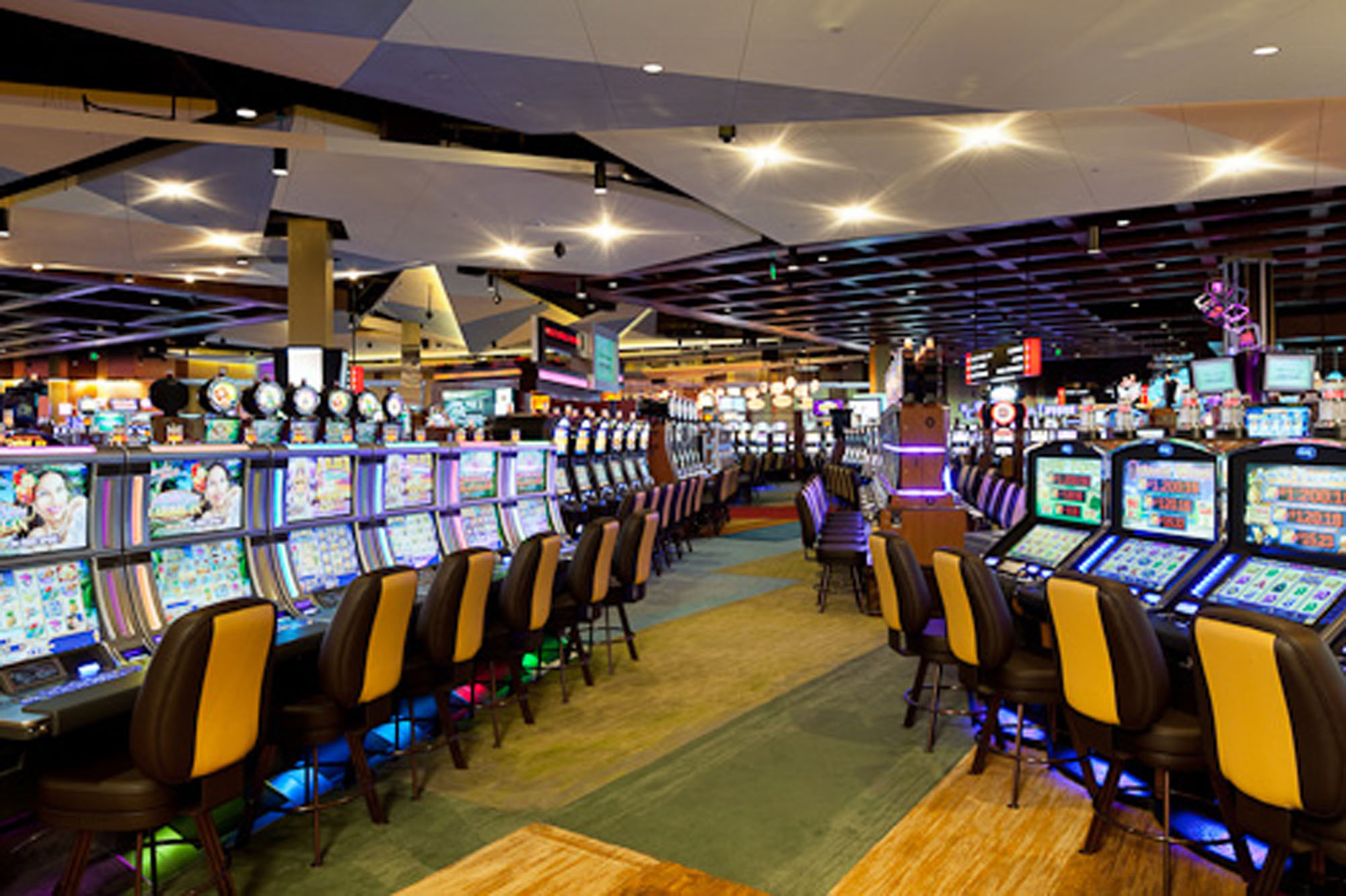
When we think of casino games, the first pictures that frequently cross our minds are those of rotating wheel devices, poker tokens clinking on fabric tables, and dice rolling across a betting area. While numerous consider these activities as mere pastimes fueled by luck, a more profound exploration reveals a captivating blend of strategy, expertise, and social interaction that elevates them far beyond basic chance. Regardless of whether you are a experienced player or a inquisitive newcomer, understanding the nuances of these activities can greatly enhance your experience and appreciation.
Casino activities have evolved over centuries, with different cultures contributing to their diverse histories and variations. From the intricate strategies of 21 to the deception methods in poker, players engage in a contest of wits as much as a gamble on odds. This dynamic interplay between luck and expertise creates a thrilling atmosphere that draws countless people to gambling establishments worldwide. As we delve into the world of card games, we will reveal the strategies that can shift the odds in your favor and the community elements that make these games a popular choice for entertainment and engagement.
A Strategy of Table Games
Table gaming frequently combine a mix of ability and chance, making them intriguing for players who like a challenge. Every game has their unique set of rules and strategies that can affect the outcome. For example, in titles like 21, players are obliged to use tactics like counting cards and grasping the probabilities to make informed decisions. This skill set can significantly improve the winning potential, distinguishing experienced players from beginners who may rely solely on chance.
In contrast, titles such as roulette may seem to be entirely based on luck, but tactical thinking can also come into the equation. Players can select between various wagering tactics, such as the Martingale system, in which they increase the wagers after losses. This approach can establish a more methodical way to the activity. Understanding the odds of specific bets can also help participants make better decisions on the roulette table, demonstrating that even titles of luck, tactics can enhance the experience.
Furthermore, the game of poker stands out as a title that heavily focuses on tactics. Unlike most casino games, the game of poker merges skill, mental acuity, and chance. Participants must not only concentrate on the hands they are dealt but also consider their opponents behavior and wagering patterns. Mastering concepts like position, pot odds, and interpreting bluffs is essential for winning. This depth of tactics in the game of poker often leads to a more immersive experience for participants, as the choices and abilities greatly impact the game’s results.
Grasping Chance and Odds
In the domain of casino games, likelihood and odds have a critical role in deciding a gambler’s possible results. Every game has its own collection of rules that dictate how the probability of winning or failing is measured. For case, in games like 21, participants have a chance to affect their ratios through planning, whereas in matches like roulette, the outcomes are purely dictated by chance. Grasping how these chances are calculated can substantially affect how a gambler deals with the match.
Odds are typically shown in two formats: fractional and numeric. Ratio odds show the ratio of the sum won to the sum bet, whereas decimal ratios show the overall payout for a successful wager, which includes the stake. For instance, if a game has ratios of 5 to 1, this implies that for every one unit bet, a gambler could gain five units if successful. Understanding how to interpret these ratios allows gamblers to assess their potential earnings and formulate more wise decisions during gameplay.
Gamblers should also be aware of the casino advantage, which is the casino’s built-in benefit over the gamblers. Each game has a distinct house edge, and comprehending this concept is important for managing one’s expectations and funds. Games with a reduced advantage, such as 21 and baccarat, typically offer superior ratios for gamblers compared to games like slots and lottery. By understanding the relationship between chance, odds, and the casino advantage, players can improve their gambling engagement and strategize more effectively.
The Exciting Aspect of Table Gaming
Table games at casinos are often seen as a center of social interaction, drawing players together in a collective experience that goes far beyond the mere act of gambling. The atmosphere at a poker table can be vibrant, with gamblers engaging not only with the game itself but also with each other. Laughter, cheers, and, sometimes, friendly banter create connections that enhance the overall experience of the gaming experience. This communal aspect can turn a alone endeavor into a lively gathering, making casino games particularly enticing.
One of the fascinating elements of gaming at tables is the way it fosters camaraderie among participants. Whether it’s collaborating to defeat the dealer at a dice table or sharing stories between hands in a poker game, the environment encourages interaction. RR88 Participants often share tips or strategies, creating a sense of community that enhances the fun. This social dynamic can make new players feel included and less daunted by the competitive nature of gaming. As the game continues, friendships may form, leading to a sense of connection that keeps players returning to the table.
Moreover, the social aspect of table gaming extends beyond just the participants. Casino staff play a vital role in encouraging interaction and maintaining the flow of the game. Their ability to engage gamblers with warm dialogue and their expertise in managing the table can create an inviting atmosphere. This relationship between players and staff adds another layer of enjoyment, where gamblers feel connected not only to one another but also to the staff. Such interactions are often what make the experience memorable, as participants leave with stories to tell and connections made, reinforcing the notion that table games are truly about more than just chance.
